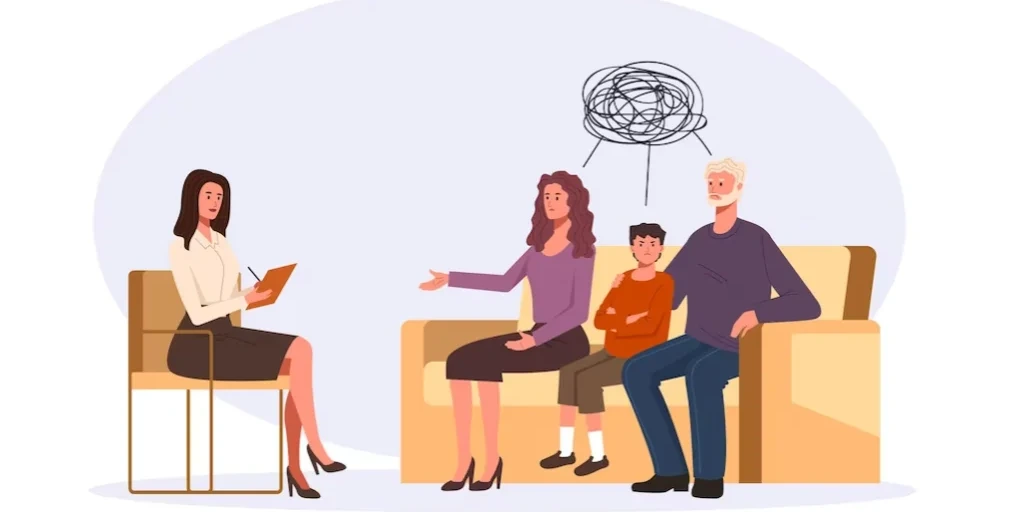24/7 Helpline:
(866) 899-221924/7 Helpline:
(866) 899-2219
Learn more about Stimulant Detox centers in Union
Stimulant Detox in Other Cities

Other Insurance Options

UMR

Premera

Absolute Total Care

Health Partners

UnitedHealth Group

Amerigroup

Cigna

Sliding scale payment assistance

Magellan Health

Molina Healthcare

Optum

AllWell

Multiplan

Evernorth

Health Choice

Lucent

CareSource

Highmark

BHS | Behavioral Health Systems

PHCS Network

Woodlands Behavioral Healthcare Network
Woodlands Behavioral Healthcare Network works with individuals, families, and the community to inspi...


























































































